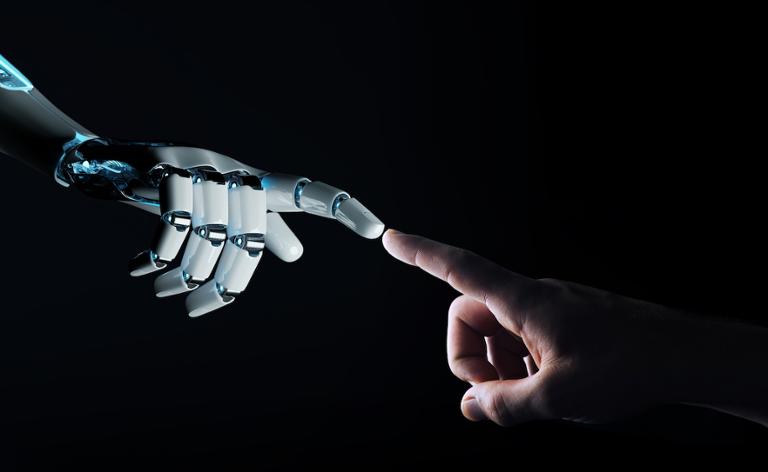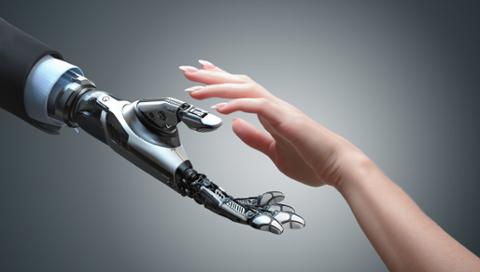Although nobody knows with certainty what 2022 might hold for the tech industry, one thing is clear: artificial intelligence (A.I.) will play a bigger role than ever. Organizations across the country see A.I. as increasingly vital to their long-term strategies, and they’re looking for technologists with the right mix of A.I. and machine-learning skills.
According to Emsi Burning Glass, which collects and analyzes millions of job postings from across the country, the number of job postings requesting A.I. skills will increase 297 percent over the next two years. Over the past 12 months, some 142,346 job postings asked for A.I. skills; the median salary for jobs with a heavy A.I. component stands at $103,168.
But which tech jobs will see the strongest demand for A.I. skills? Based on job-posting data, it seems like data scientists, computer scientists/researchers, and data architects will see the most A.I.-related requests from employers. Check out the chart:
For other tech jobs such as software engineer, the need for A.I. skills isn’t quite as pressing—but that could change in coming years as more organizations embrace A.I. and machine learning for a variety of strategic goals, from improving customer service to making apps and services “smarter.” CompTIA recently asked 400 companies about their most common use-cases for A.I., and respondents cited everything from chatbots to scoring sales leads:
“Going forward, organizations will invest in technologies and services that power digital work, automation and human-machine collaboration,” Khali Henderson, Senior Partner at BuzzTheory and vice chair of CompTIA’s Emerging Technology Community, wrote in a statement accompanying those survey results. “Emerging technologies like AI and IoT will be a big part of that investment, which IDC pegs at $656 billion globally this year.”
For data scientists and others who sort, store, and analyze massive datasets, increasingly sophisticated A.I. and machine-learning tools could result in far superior insights and predictions. Although many people tend to equate artificial intelligence with cutting-edge projects such as self-driving cars, tasks like effective data analytics might ultimately prove a far more common use-case for these technologies, at least during the next few years.
As CompTIA’s data indicates, software engineers and others tasked with building apps and services might also turn to A.I. for chatbots and automation. Although chatbots haven’t proven extraordinarily adept at handling user needs, they’re improving—and more sophisticated ML models could accelerate this progress. In terms of the backend, A.I. could also improve no-code and low-code tools, allowing more technologists (and other employees) to build software. The possibilities are endless.



